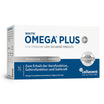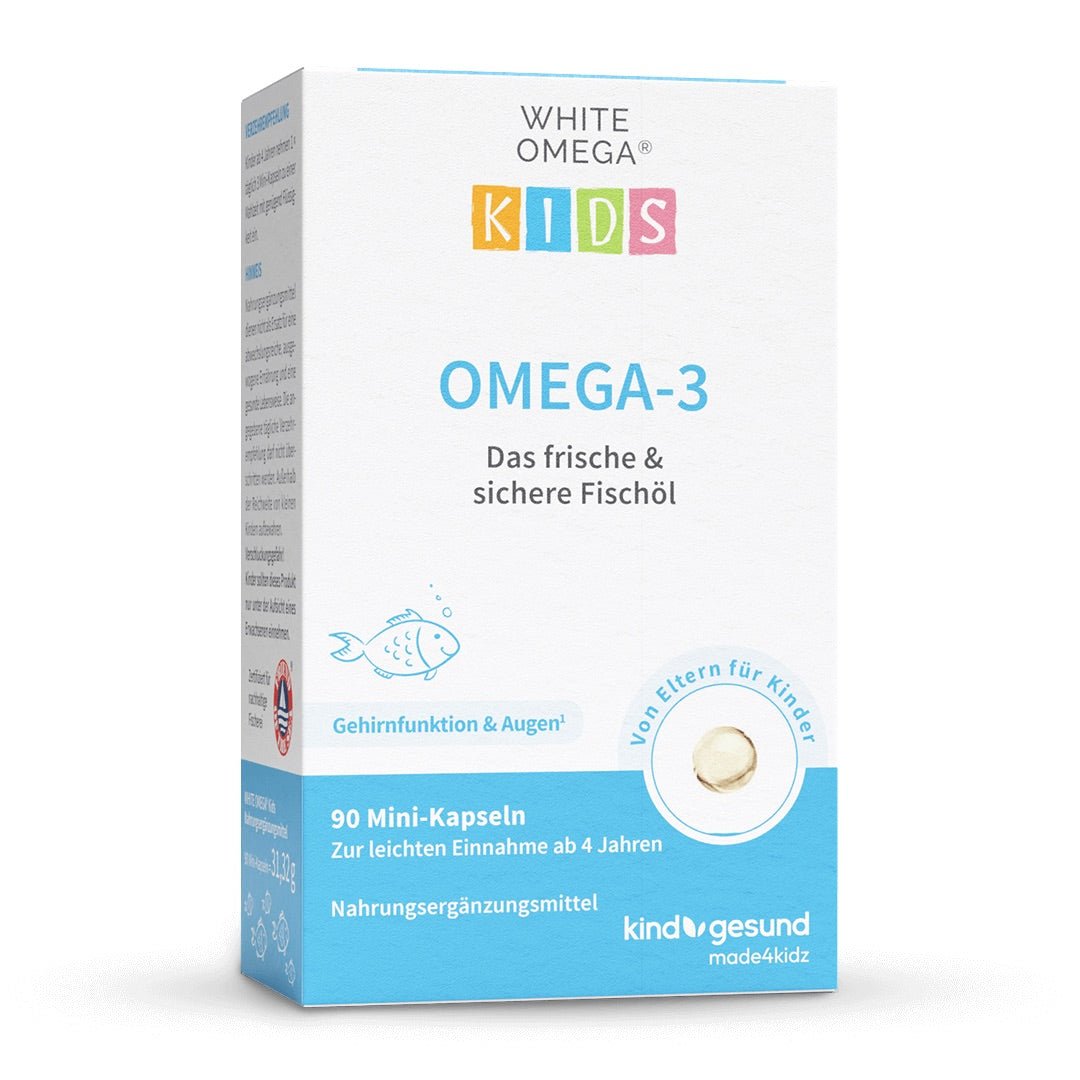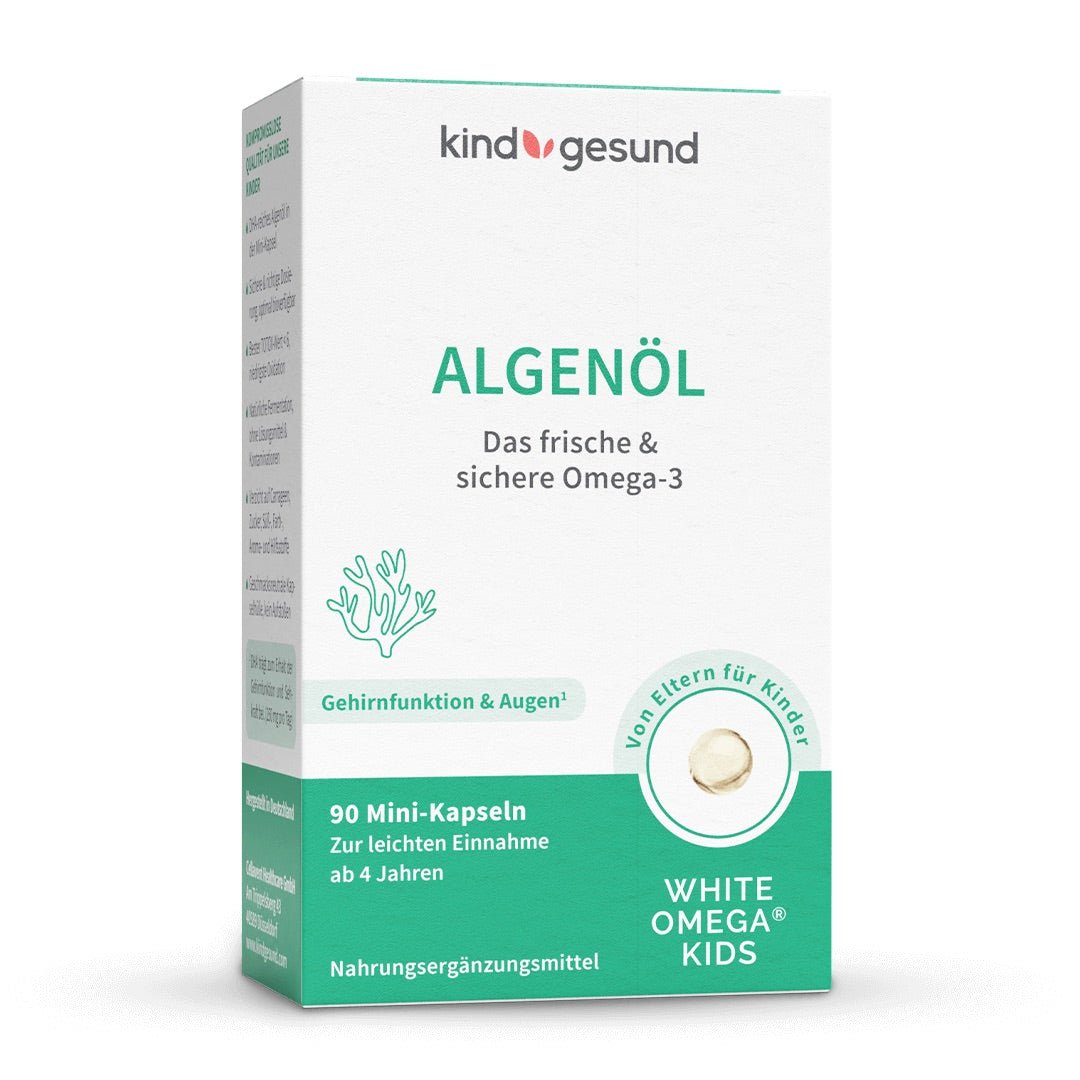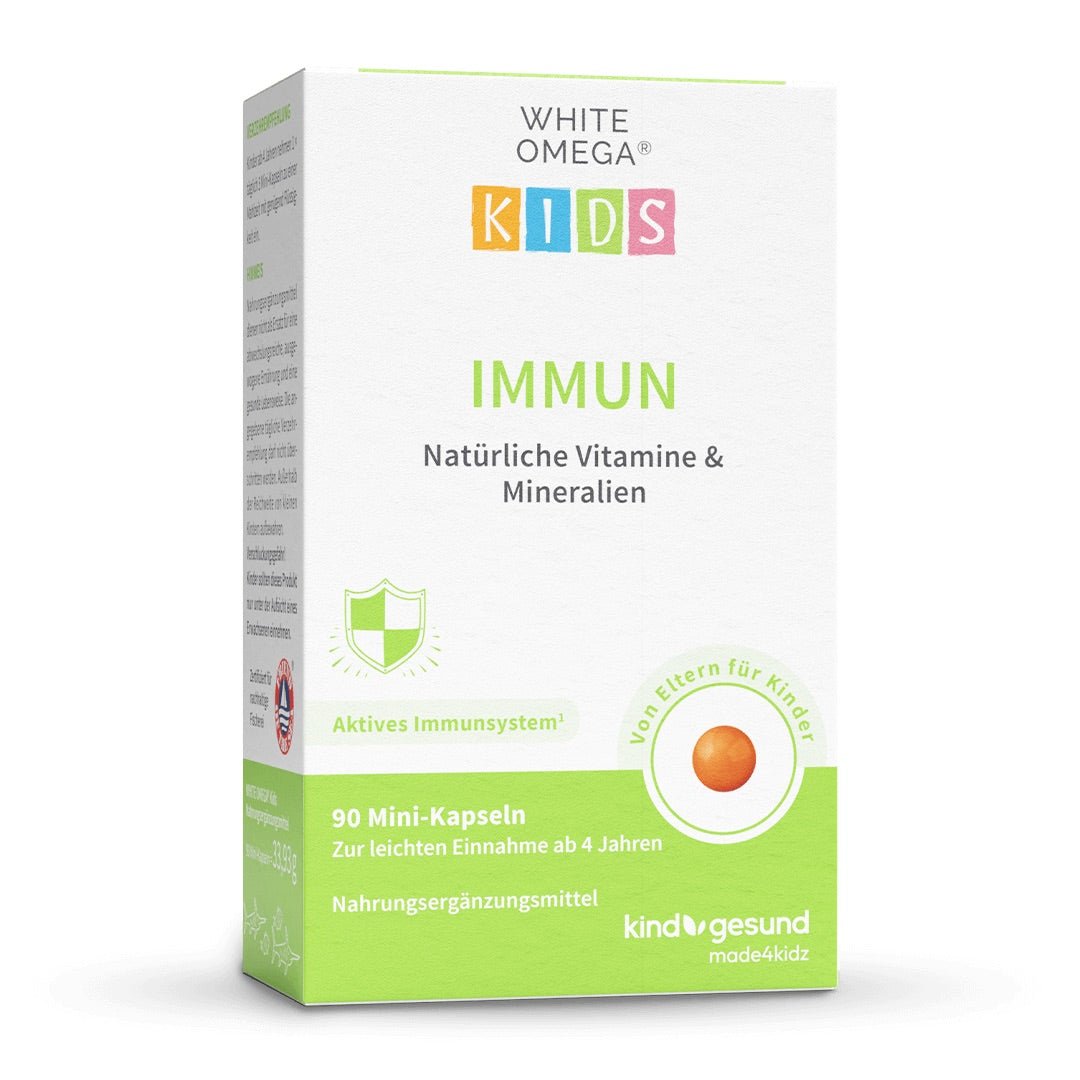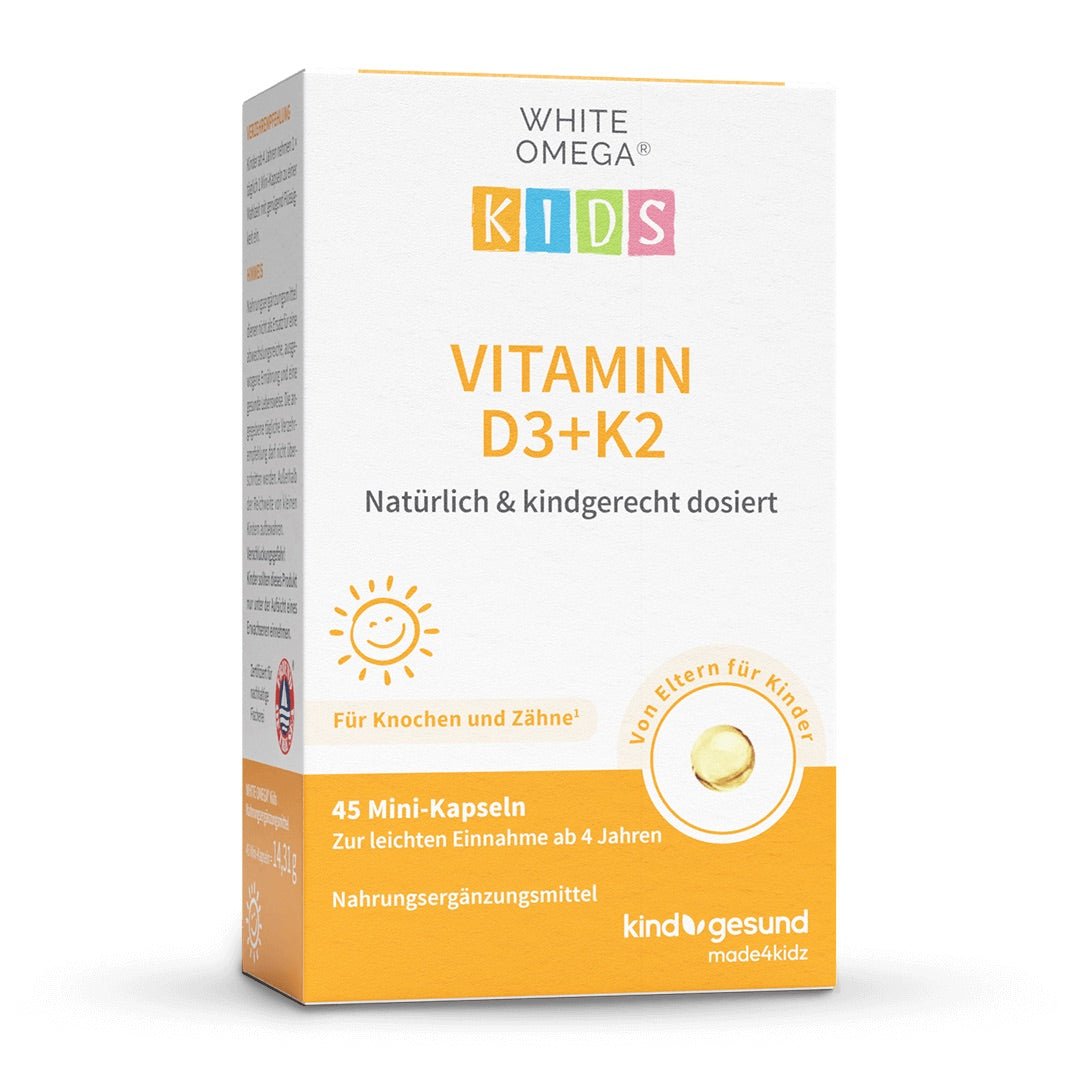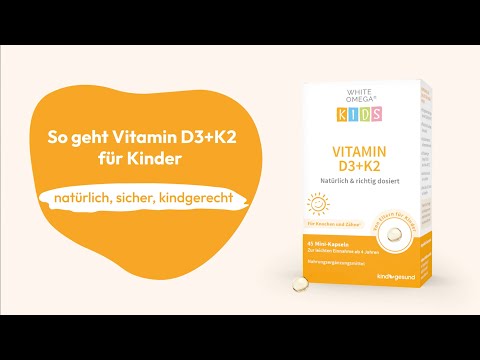Tiredness, exhaustion and an increased risk of infection are common side effects during the winter period. There are many reasons why these symptoms occur at this time of year. A common cause is a lack of vitamin D. A sufficient and healthy supply of vitamin D is very important for young and old. Unfortunately, it is not easy to meet the need for the sunshine vitamin, especially at this time of year. We will help you to understand what you should pay attention to and what you can do specifically!
What is the importance of vitamin D?
Vitamin D is a fat-soluble vitamin and belongs to the group of calciferols. Its most important function is its involvement in bone metabolism by regulating the absorption of calcium and phosphate, making it important for bone formation. Humans can usually absorb and store this vitamin through UV-B radiation from sunlight. Adequate intake of vitamin D is particularly important for small children. If they lack vitamin D in the first few months of life, this can lead to deformities of the bones and swelling of the wrists. If this occurs, it is known as rickets.

What are vitamin D deficiency symptoms?
Vitamin D deficiency occurs when people have not received vitamin D for a long period of time. Some symptoms that occur due to vitamin D deficiency are bone pain and delayed closure of the fontanelle in young children. There is also an increased risk of infections and muscle weakness when the body is deficient in vitamin D. These symptoms occur as a result of the accumulation of the vitamin being made more difficult due to a variety of external and individual factors, especially in the dark winter months. Unfavorable climatic conditions, such as difficult weather conditions or a decrease in leisure activities, are examples that can lead to low vitamin D levels. Ultimately, vitamin D deficiency leads to decalcification and softening of bones.
How can it be prevented?
There are various ways to prevent a vitamin D deficiency. Children and adolescents should cover a daily minimum requirement of 20 micrograms (µg) of vitamin D. One way to cover this minimum requirement is to use natural sources. For this reason, spending up to 25 minutes outdoors per day is recommended in the summer months. In addition, traces of vitamin D can be found in certain foods, for example in fatty sea fish, offal such as liver or kidneys, edible mushrooms, eggs and cheese. However, it is important to note that vitamin D only covers a limited amount and does not provide an adequate daily supply. In the event of an insufficient supply of vitamin D, taking food supplements is recommended after consulting a doctor. The vitamin D3 + K2 capsules White Omega Kids covers the entire daily physical requirement of children with plant-based vitamin D3 from algae and natural vitamin K2 from natto.
Conclusion on Vitamin D
An adequate supply of vitamin D is essential for health. Certain factors often make it difficult to absorb the vitamin. Food supplements that contain appropriately combined vitamins from natural sources and are tailored to children's needs can be useful here. Depending on the child's situation, a high-quality food supplement can support and contribute to healthy development. Especially during the dark winter months, an adequate supply of selected and high-quality vitamins helps prevent the symptoms of a vitamin D deficiency.
Sources:
- (1) Robert Koch Institute: Answers from the Robert Koch Institute to frequently asked questions about vitamin D, https://www.rki.de/SharedDocs/FAQ/Vitamin_D/Vitamin_D_FAQ-Liste.html [18.01.2022].
- (2) Federal Ministry of Health: Vitamin D deficiency, https://gesund.bund.de/vitamin-d-mangel [18.01.2022].
- (3) Wowtamins GmbH: Preventing vitamin D deficiency in children – how does it work?, https://www.wowtamins.de/blogs/news/vitamin-d-mangel-bei-kindern [18.01.2022].







